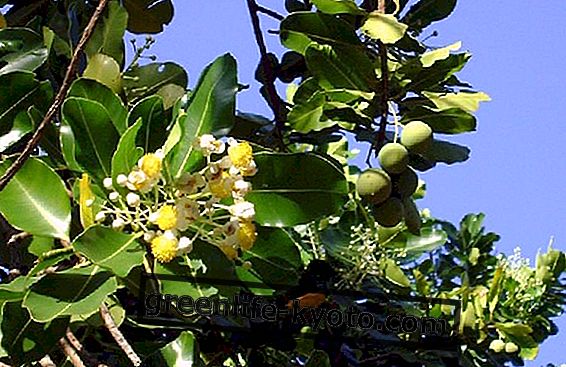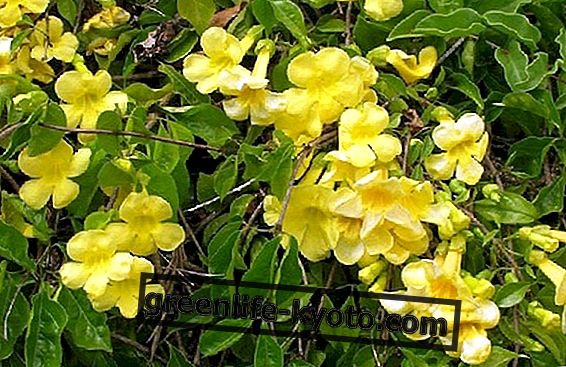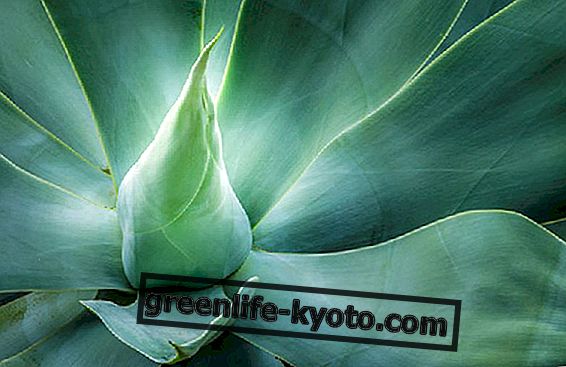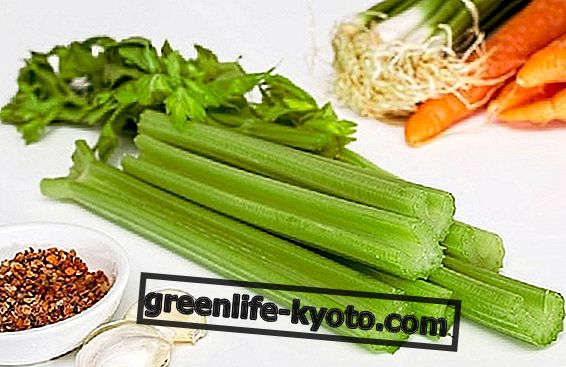The liquorice mother tincture, very useful in the treatment of cough, has digestive, gastroprotective and anti-inflammatory qualities. Let's find out better.
>
>

Properties of the mother liquorice tincture
Thanks to the properties of its essential oils, the licorice mother tincture is used in case of difficult digestion, as an expectorant and anti-inflammatory, it is very useful in the treatment of cough, sore throat and gastric acidity .
Mentioned in the first herbarium of traditional Chinese medicine, licorice has been used in Asia for about 5, 000 years to treat coughs, food poisoning and liver disorders, while in Europe it was introduced only in the fifteenth century by Dominican friars.
The virtue that in the past made liquorice famous was the thirst-quenching one: the Scythians (nomadic population of Iranian origin) who ate only goat's and liquorice cheeses, walked for hours in the desert without suffering thirst thanks to the refreshing action of this precious root .
Those suffering from low blood pressure can benefit from licorice as it increases blood pressure, but for the same reason it should be consumed sparingly.
Description of the plant
Licorice is a perennial herbaceous plant belonging to the Leguminosae family and with the same name is indicated the vegetable extract obtained from the root by boiling.
The licorice root is marketed in the form of chewing sticks, chopped to prepare herbal teas and infusions, in confetti prepared with the extract or reduced to powder and juice.
From its notes, a slight warmth emerges; cleans, mitigates bitterness and is soothing. It has a slightly astringent background.
Properties and preparation of purifying liquorice teas
How to prepare the licorice mother tincture
The liquorice mother tincture is a hydroalcoholic preparation obtained by cold maceration in a hydroalcoholic solvent of a suitable 25% dry root .
use
According to the traditional use, the mother tincture is a useful adjuvant in case of allergies, arthritis, asthma, acute or chronic bronchitis, liver disorders, nervous and non- hunger, physical and mental fatigue, gastritis, viral infections, rheumatism, duodenal ulcers .
Its digestive, diuretic, anti-inflammatory, expectorant and protective properties of the gastric mucosa are generally recognized. Indicated against cough, sore throat, catarrh, cervical and gastric acidity, it also has a mild laxative function .
The generally indicated dosage includes 30-60 drops twice a day, preferably before meals, while to digest after meals, to be taken after consulting a doctor or expert. If abused, headaches, swelling of the face and ankles and water retention may occur.
It is contraindicated in cases of renal failure, overweight, high blood pressure. Interactions with some drugs such as diuretics, laxatives and cortisone drugs have been highlighted.













